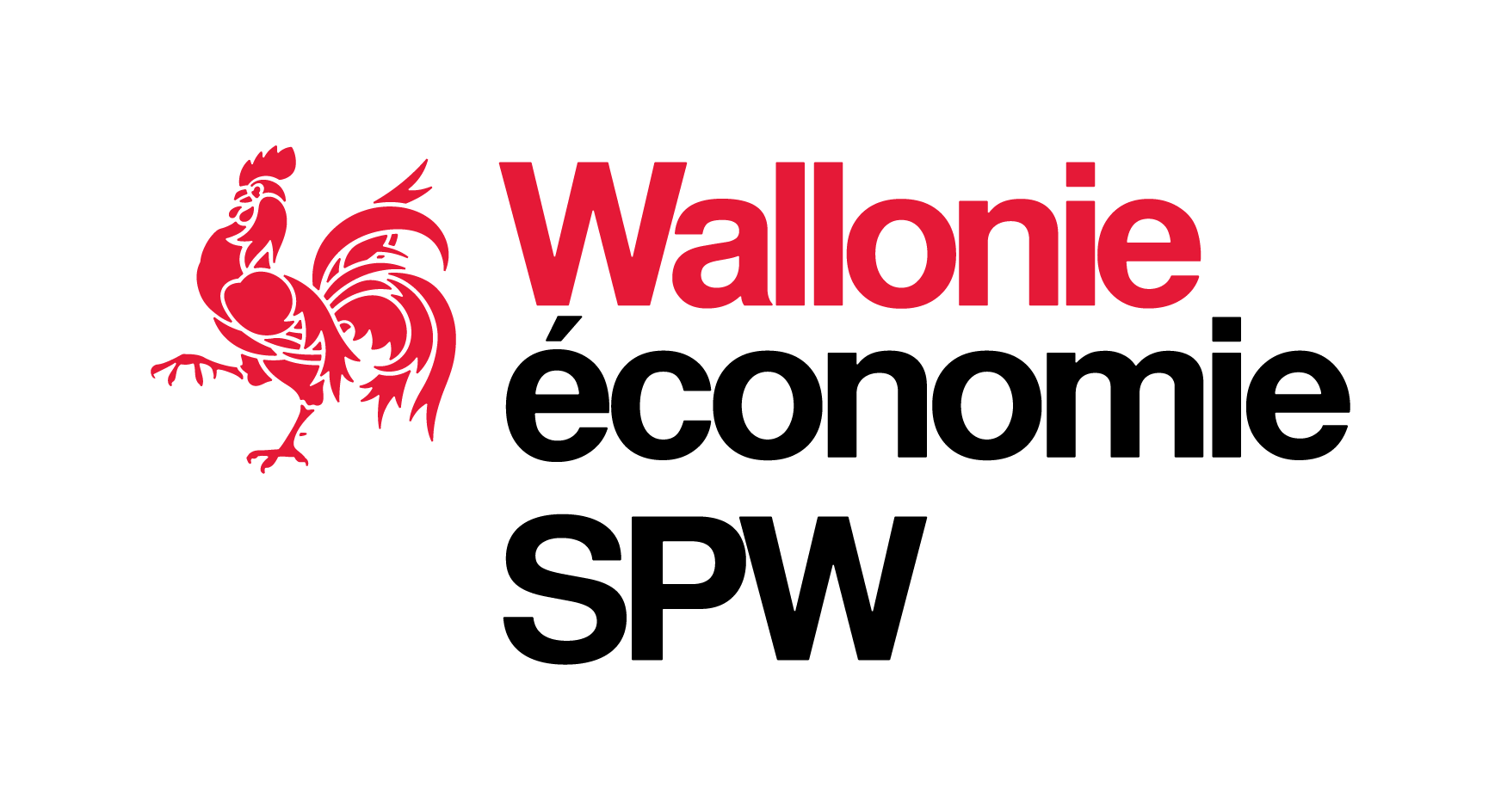The social economy pilot project grant is designed to provide financial support for pilot projects with a social purpose and initiatives to promote the social economy. These projects must be in line with the Alternativ'ES Wallonia strategy.
Applications submitted by 7 September will be processed for the current financial year. Applications submitted after this date are carried over to the following financial year.
All companies can apply (NPOs, cooperatives, public authorities)
N.B.:
Individuals and the self-employed are not eligible for this scheme.
This grant provides financial support to cover the costs related to the following non-recurring needs:
- personnel costs;
- operating costs;
- overheads;
- subcontracting costs;
- small equipment (under €1,000).
Please note that the grant does not cover investment costs (financing).
It can be renewed each year, for a maximum of three years.
Submit your request
Your application must be submitted via the online form in "My Space". Click on the link at the bottom of this page and follow the instructions.
Processing your application
Applications submitted by 7 September will be processed for the current financial year. Applications submitted after this date are carried over to the following financial year.
Example: a file submitted on 14 September 2023 will be processed from January 2024.
Advance payment
Once we receive your application, we check that it is complete.
- If it is, we will send you an acknowledgement of receipt.
- If it is not, we will send you a notice stating the missing documents.
Once your file is complete, we analyse its admissibility.
If your application is valid, we request the opinion of the Inspectorate of Finance and the Minister of the Budget before paying you the advance.
Payment of the balance
At the end of your project, you must:
- draw up a statement of expenditure. If you can deduct VAT, the amount of expenditure justifying the aid is calculated exclusive of VAT.
- provide invoices and proof of payment.
- submit an activity report.
- hold a support committee.
Download and complete the "Submit an activity report after a Social Economy pilot project" and "Summary of expenditure" forms at the bottom of this page. Return them to us at the following address:
SPW Économie
Département du développement économique
Direction de l'économie sociale
Projet pilote en économie sociale
Boulevard Cauchy 43
5000 NAMUR
Once your application is complete and approved, you must send us a declaration and claim, and we will pay you the balance of the grant.
Processing your file
Within six months of receiving your application, you will receive the decision of the Minister.
- comply with the principles of the social economy;
- purpose of the service to the community or members other than profit;
- management autonomy;
- democratic decision-making processes;
- primacy of people and labour over capital in the distribution of income.
- Register your project with one of the priority measures and sectors of activity of the Alternativ'ES Wallonia strategy;
- have a business that produces goods or services;
- have your head office in Wallonia;
- have a project to pre-create, create, diversify, transform into a cooperative or promote the social economy.

